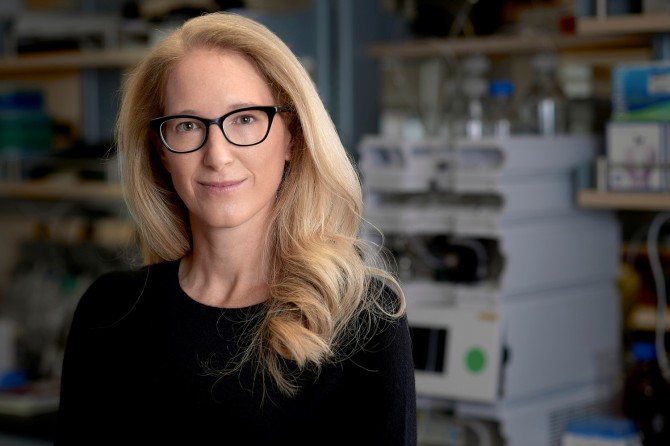News directly from Cornell's colleges and centers
Preventing the next pandemic with nature-based solutions: webinar June 26
Zoonotic spillover — when diseases pass between animals and humans — is a major cause of disease and the primary cause of recent pandemics, including COVID-19. Scientists and practitioners from four continents will gather for a webinar that explores how strategic protection and restoration of natural habitats could disrupt pathways to zoonotic spillover, while also addressing climate change and biodiversity loss.
The webinar, “How to Prevent the Next Pandemic: Nature-Based Solutions and Policy Opportunities,” will be Monday, June 26 at 11 a.m., and hosted by Raina Plowright, a Cornell Atkinson Scholar and the Rudolf J. and Katharine L. Steffen Professor of Veterinary Medicine in the Department of Public and Ecosystem Health. It will be moderated by award-winning science writer David Quammen, with an opening statement by Maria Van Kerkhove ’99, head of the Emerging Diseases and Zoonoses Unit for the World Health Organization (WHO) and technical lead for WHO’s COVID-19 response.
“Almost every scenario of zoonotic spillover involves some kind of land-use change, but if you look at the pandemic treaties being negotiated right now, they do not include preventative solutions,” Plowright said. “Current pandemic treaties are focused on what happens once we have a pathogen running rampant within the human population, but there’s little investment in that upstream process: identifying critical pinch points in nature and how to intervene so we can prevent spillover from happening in the first place.”
Plowright advocates for carefully constructed ecological countermeasures: actions that protect and restore wildlife habitat or mitigate wildlife-human interactions. Such countermeasures act as a “critical first line of defense” against pandemics, while providing many co-benefits, including reducing the impacts of climate change and enhancing biodiversity, she said.
Panelists are 10 global and cross-disciplinary experts, who will examine the fundamental drivers of pandemics, the strategies we can take to prevent them, and the current policy opportunities for primary pandemic prevention.
Topics to be discussed include:
- How human activity and environmental change increase the risk of virus spillover from animals to humans
- How we can stop spillover events by addressing the fundamental drivers of spillover through ecological countermeasures
- How key strategic ecological countermeasures (beyond the current general guidance “prevent deforestation”) can be deployed
- How pandemic solutions intersect climate change and biodiversity loss solutions
- Effective and clear recommendations for policymakers to integrate pandemic prevention alongside global preparedness efforts
The webinar is hosted by eCornell and supported by the College of Veterinary Medicine’s Department of Public and Ecosystem Health, the Cornell Center for Pandemic Prevention and Response, and Cornell Atkinson Center for Sustainability.
Media Contact
Get Cornell news delivered right to your inbox.
Subscribe

